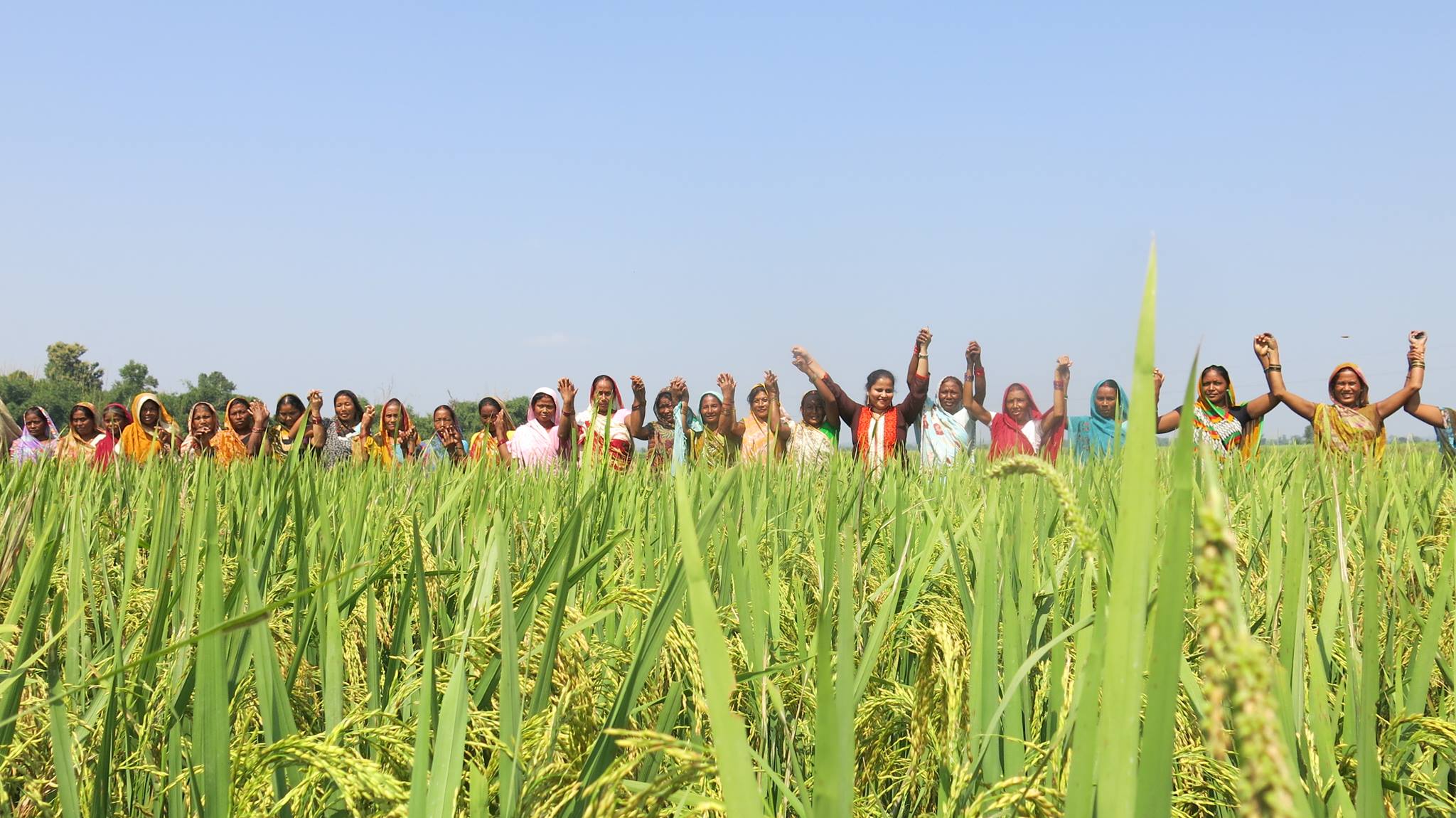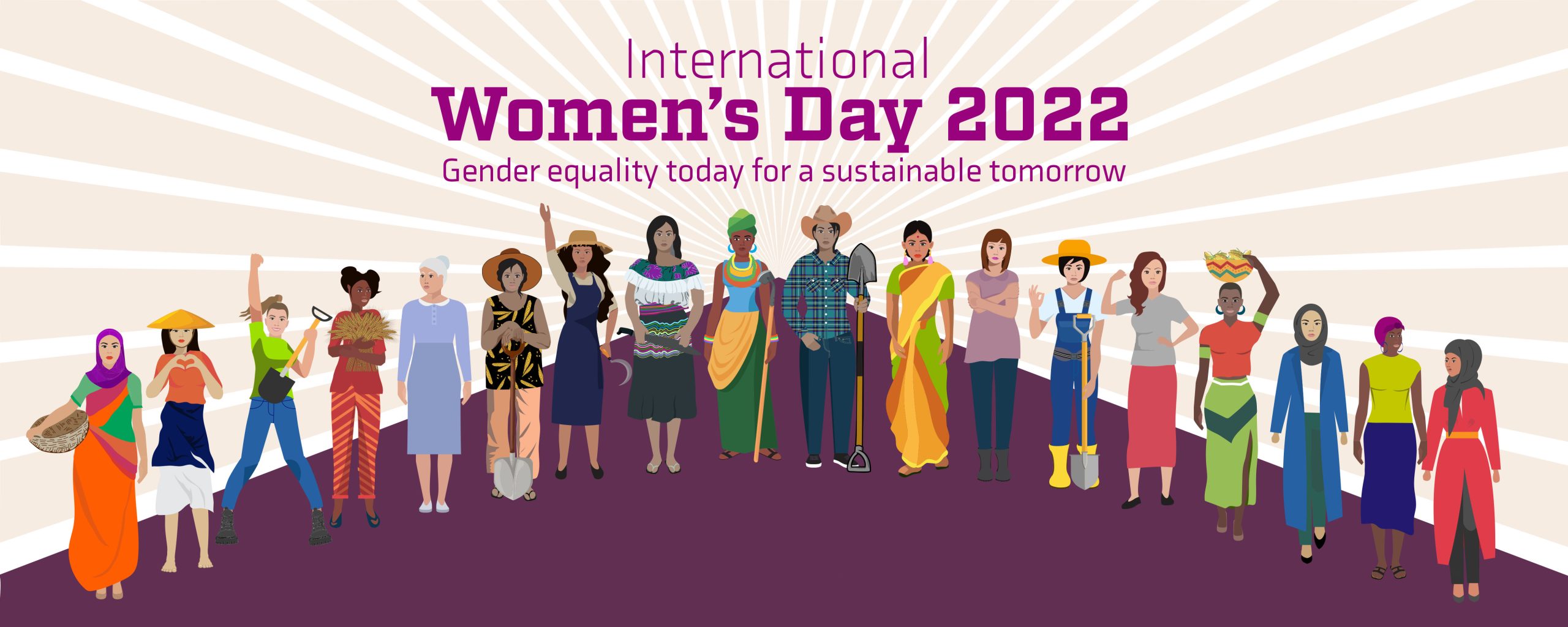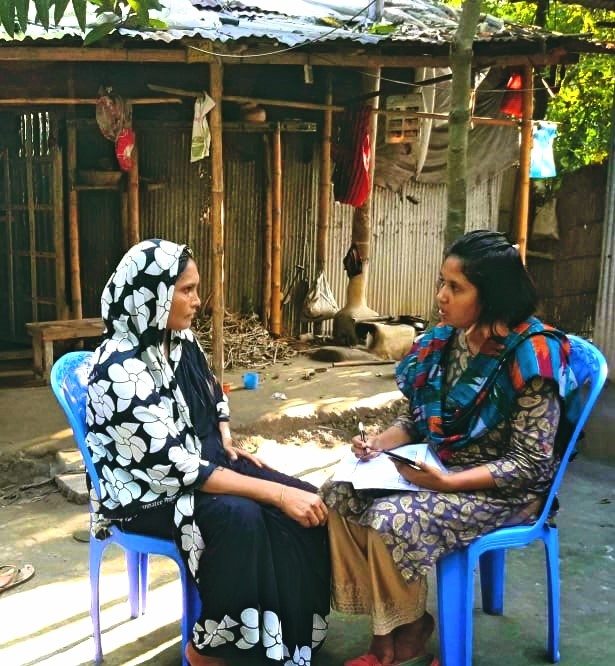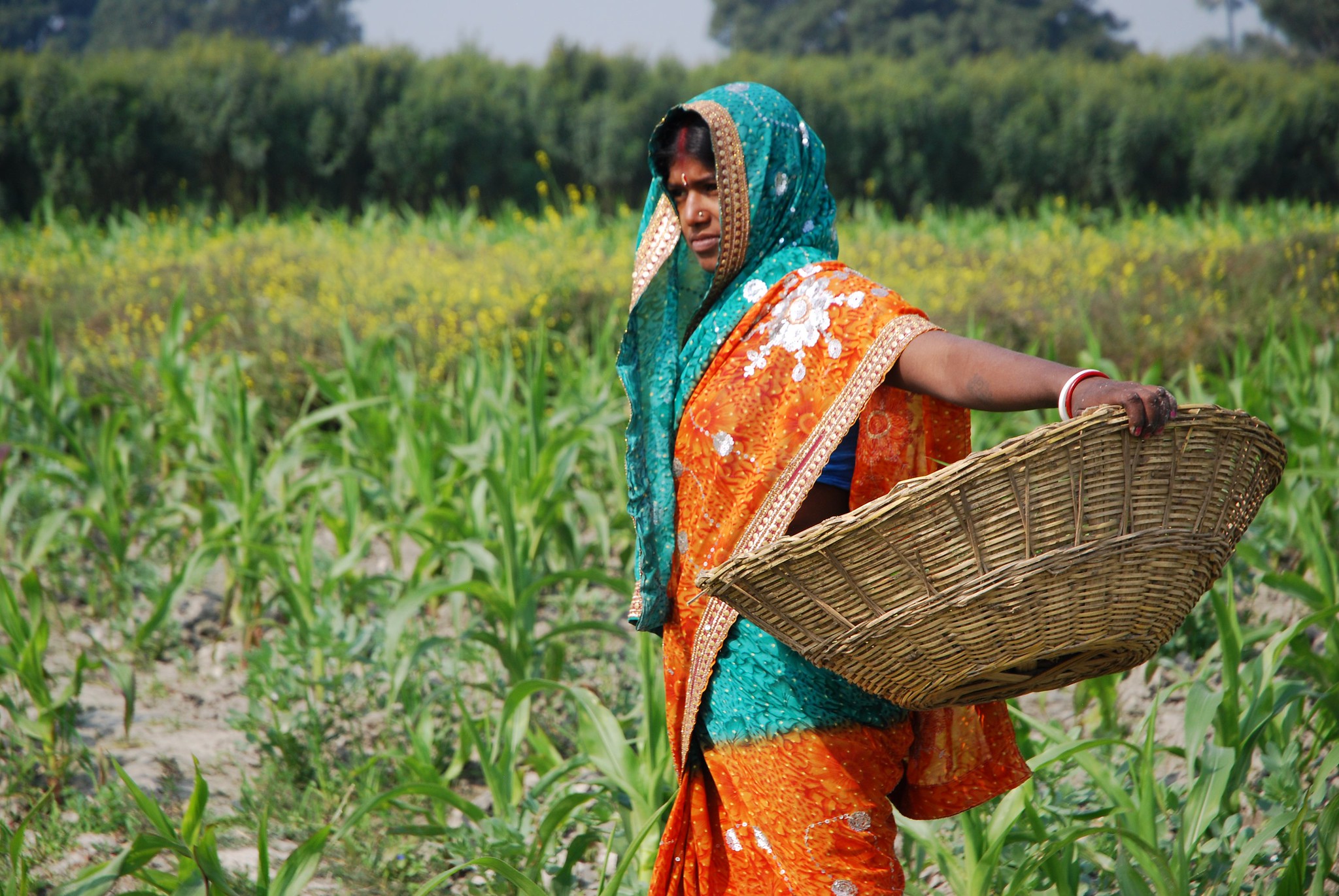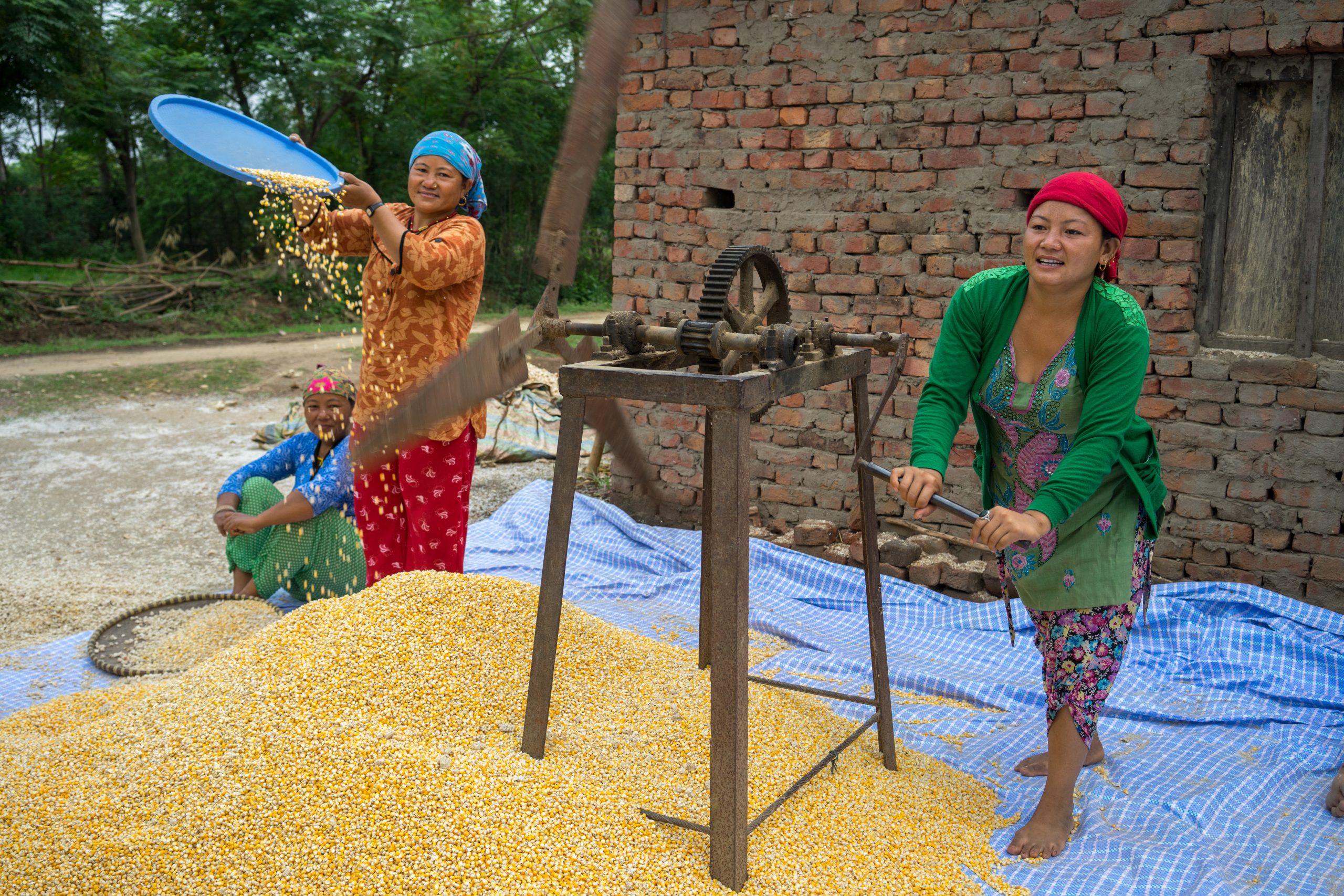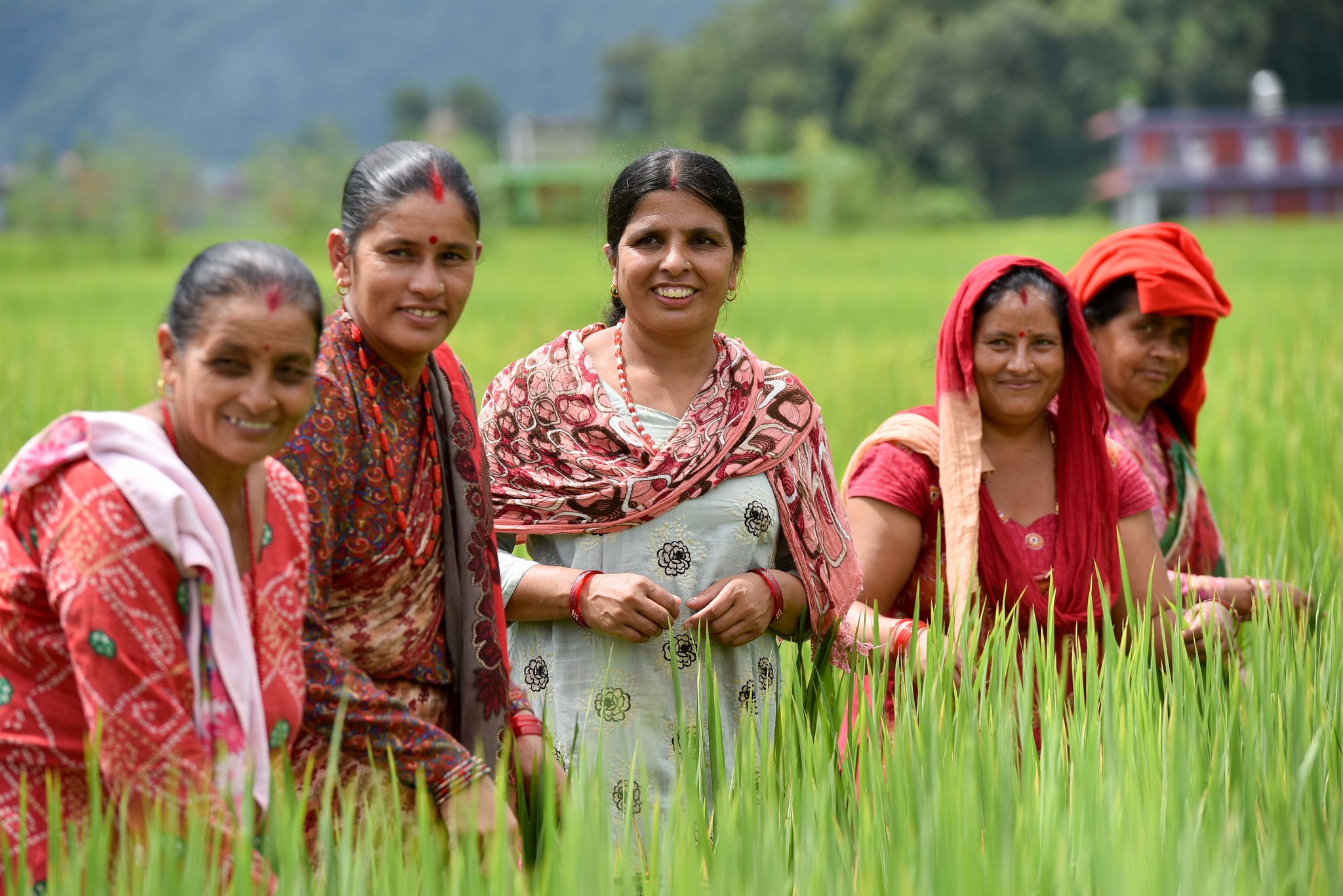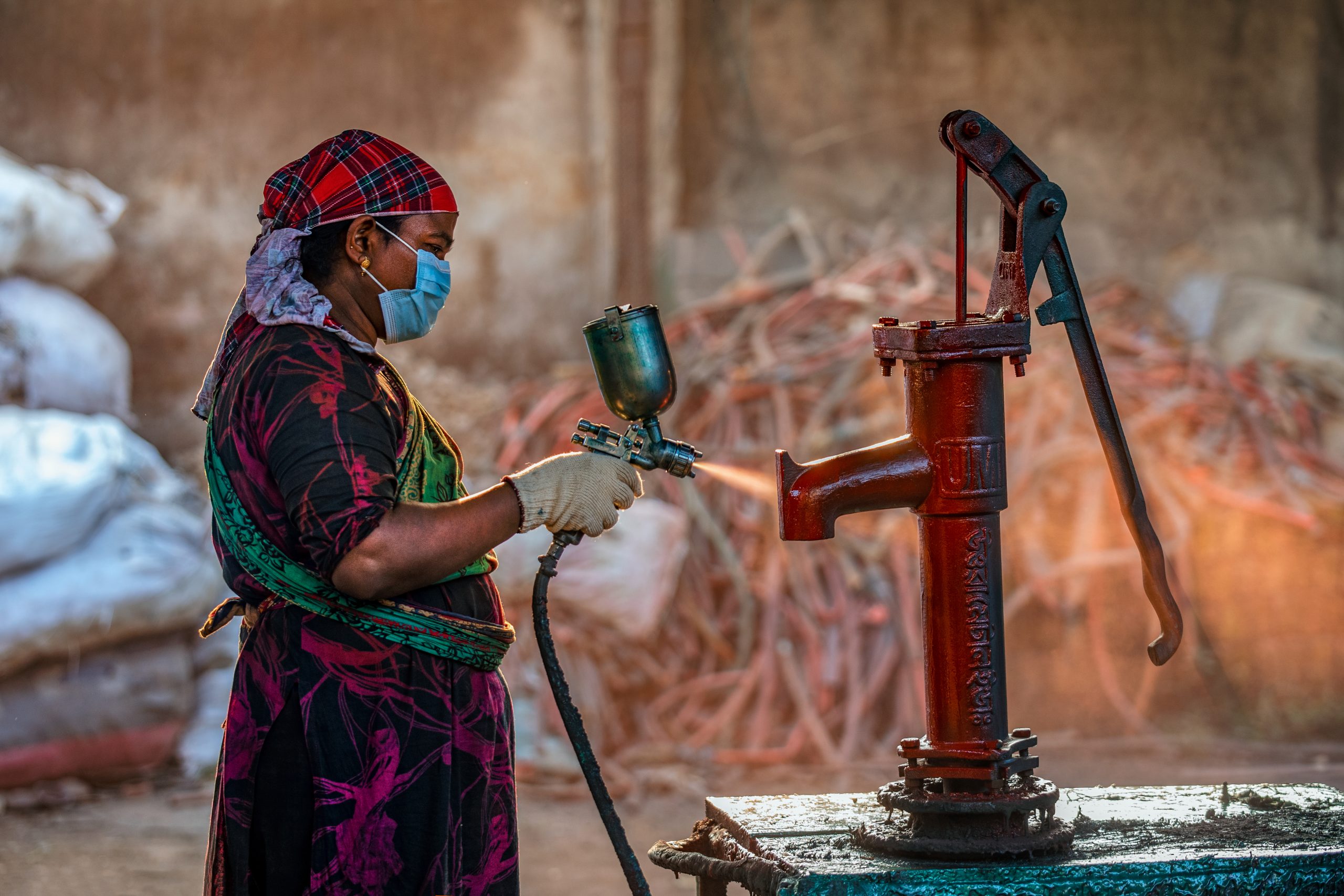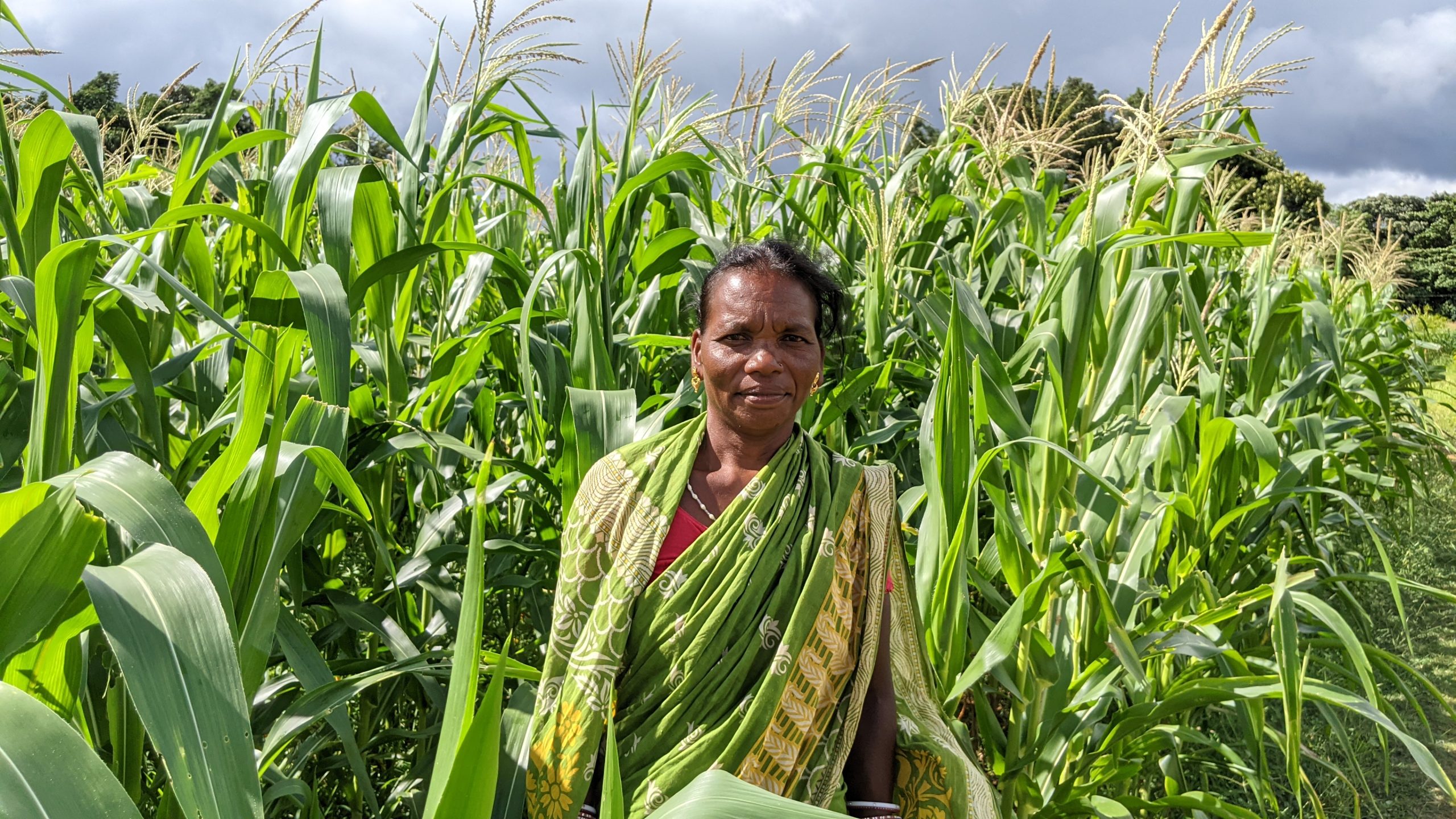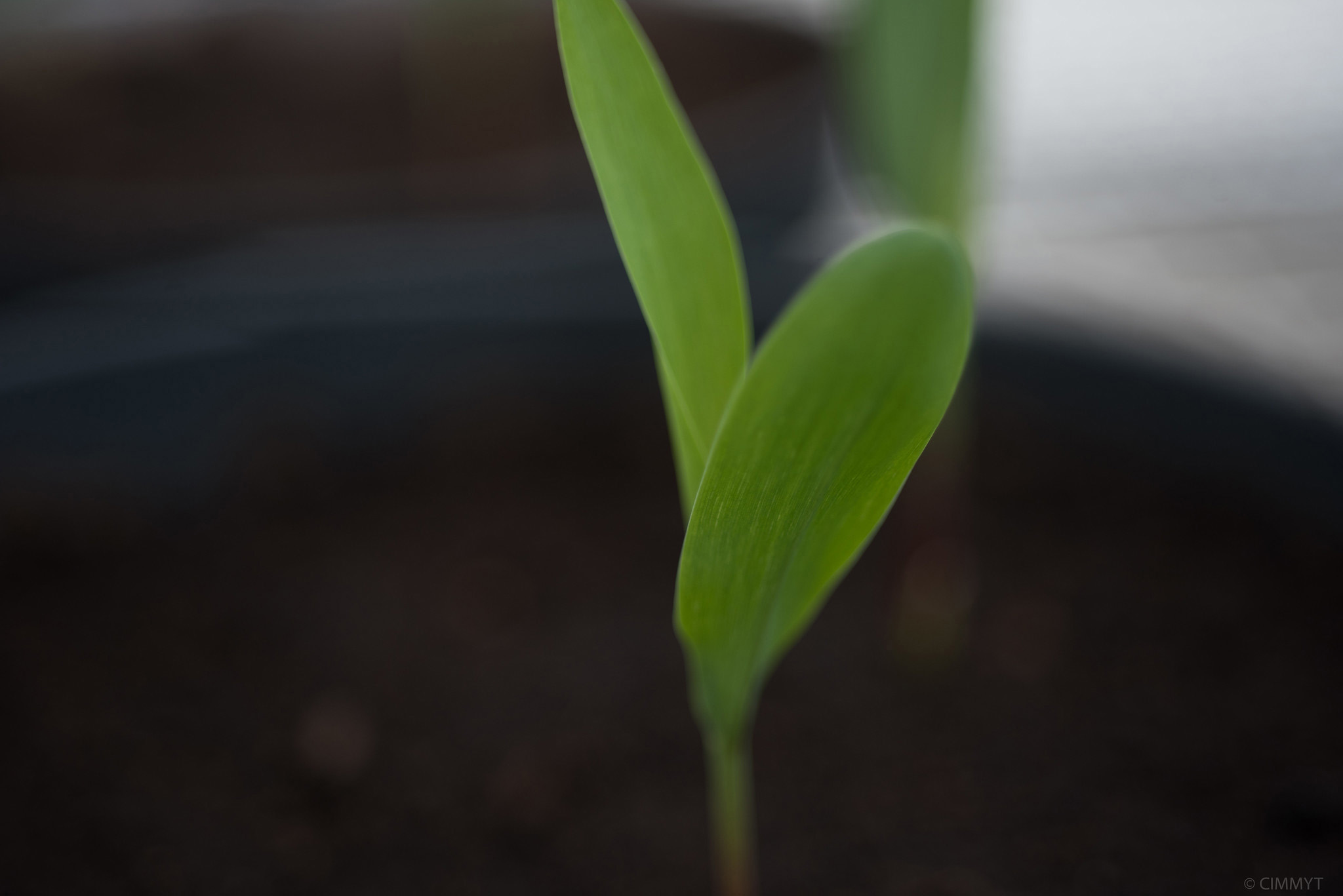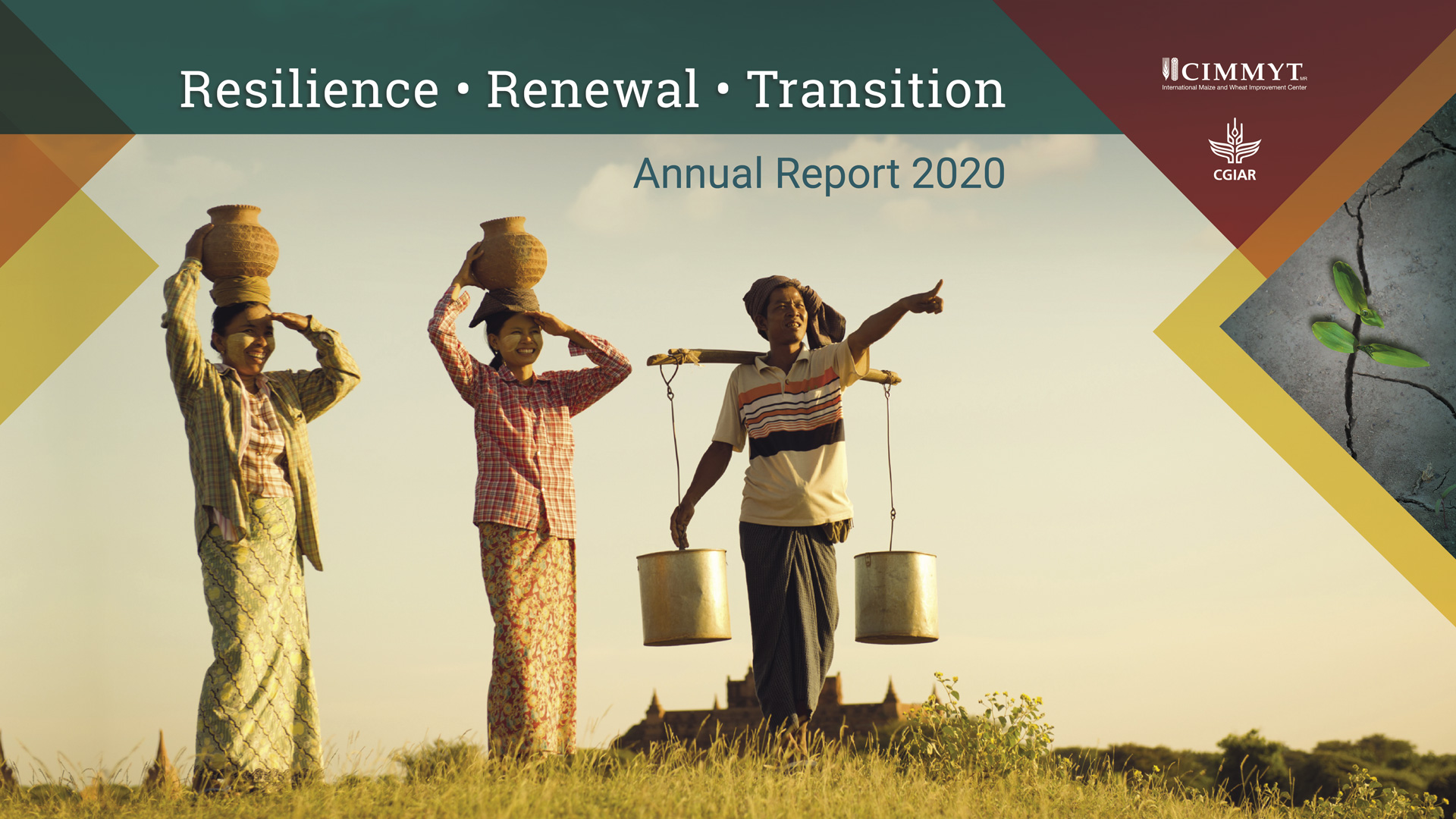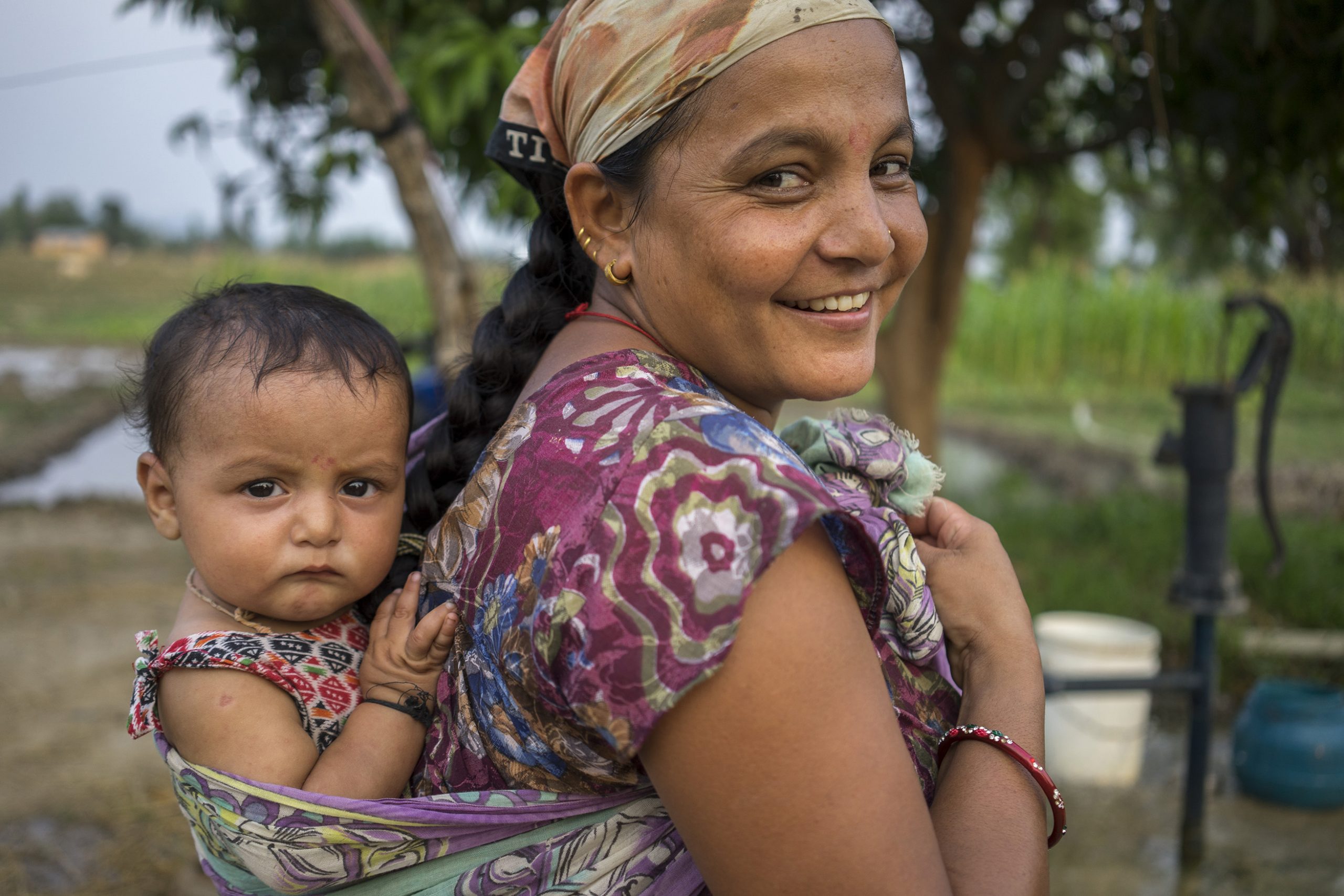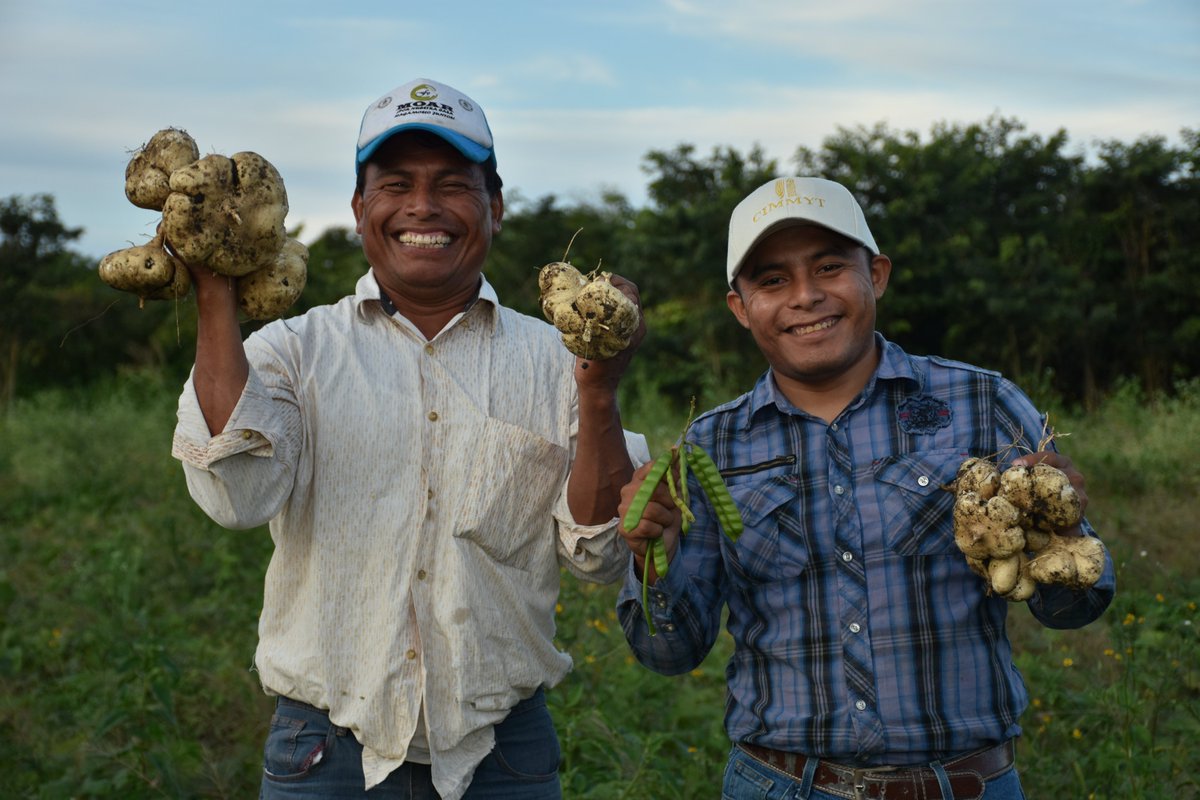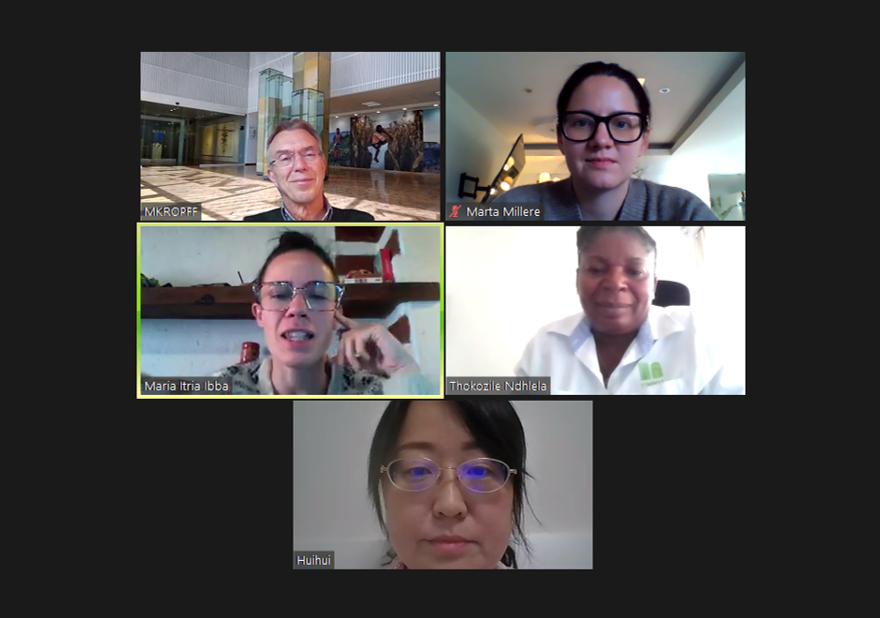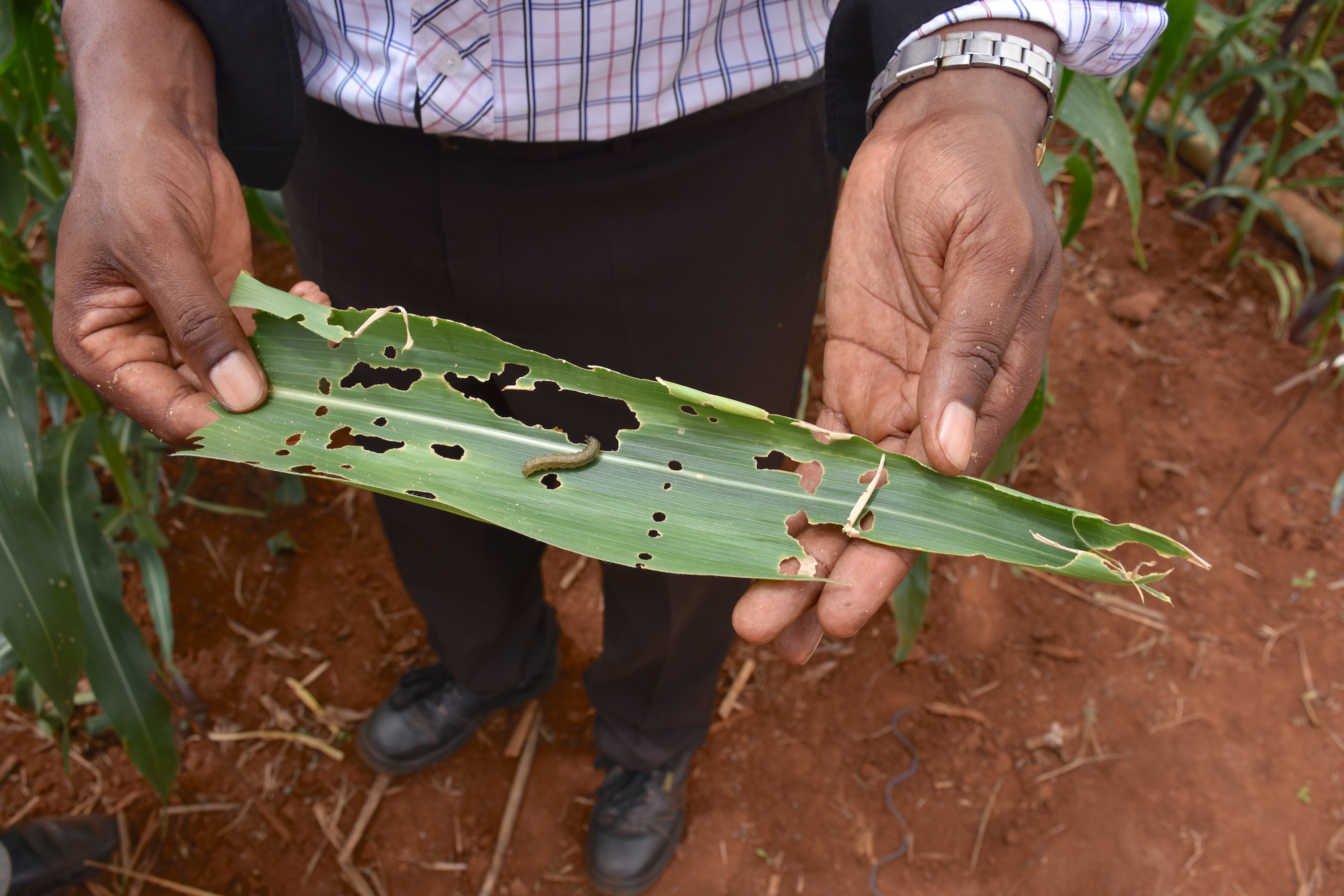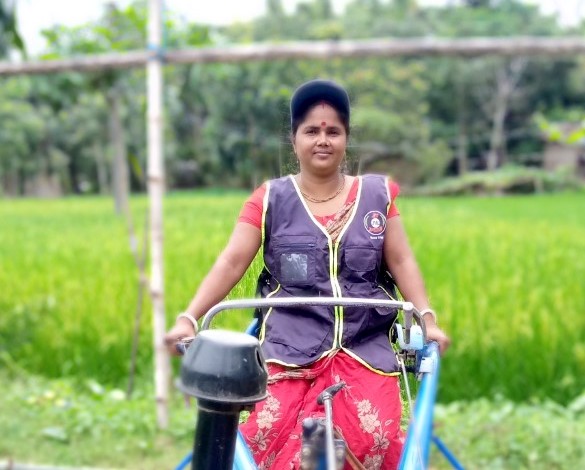Gender equality, youth and social inclusion
Gender and other social differences such as age, wealth and ethnicity, have an enormous influence upon the success of agricultural interventions. To ensure equitable impacts and benefits to rural people, CIMMYT emphasizes inclusive research and development interventions. Starting with the collection of data on gender and social differences, efforts are underway to address these gaps and ensure equitable adoption of technologies and practice. This includes working towards gender-equitable control of productive assets and resources; technologies that reduce women’s labor; and improved capacity of women and youth to participate in decision-making.
Being the change you wanted to see as a young girl
 Capacity development
Capacity development
Agricultural scientist Madhulika Singh shares her experience as the first woman in STEM in her family and in her society in Bihar, India.
Gender-transformative research for sustainable food systems
 Gender equality, youth and social inclusion
Gender equality, youth and social inclusion
Discover groundbreaking research from CIMMYT and CGIAR to promote gender equality in agriculture and achieve a sustainable future.
Bending gender norms: women’s engagement in agriculture
 Gender equality, youth and social inclusion
Gender equality, youth and social inclusion
On International Day of Women and Girls in Science, we spoke to Pragya Timsina about how women’s participation in agriculture is evolving across the Eastern Gangetic Plains and her findings which will be included in a paper coming out later this year: ‘Necessity as a driver of bending agricultural gender norms in South Asia’.
Q&A: Spotlighting gender mainstreaming in agriculture
 Gender equality, youth and social inclusion
Gender equality, youth and social inclusion
New research explores how the adoption of Climate-Smart Agricultural Practices can help address environmental issues, reduce out-migration, and ensure household food security.
New direction in research for advancing gender-responsive maize breeding
 Capacity development
Capacity development
Research on gender and maize looks to move beyond trait preferences at seed demand more broadly.
From diagnosis to action on social equity
 Gender equality, youth and social inclusion
Gender equality, youth and social inclusion
Building on impact of GENNOVATE, scientists recommend integrating gender-transformative research and methodologies into the new CGIAR Initiatives.
Women in agriculture mechanization in Bangladesh
 Gender equality, youth and social inclusion
Gender equality, youth and social inclusion
Many women are working enthusiastically as part of agriculture mechanization, as supported by CIMMYT’s CSISA-MEA project.
It’s Rural Women’s Day, from dawn to dusk
 Capacity development
Capacity development
A day in the life of a farmer in India’s Odisha state, part of tribal community that has long lived off the land.
Maize and wheat science to sustainably feed the world
 Climate adaptation and mitigation
Climate adaptation and mitigation
New CIMMYT brochure highlights value of maize and wheat science to battle rising undernourishment.
Annual Report 2020 launched
 Climate adaptation and mitigation
Climate adaptation and mitigation
Working towards resilience, renewal and transition in our agri-food systems.
Capturing a clearer picture
 Gender equality, youth and social inclusion
Gender equality, youth and social inclusion
Researchers, extension services, partners and policymakers can better support feminization of agriculture processes in the Indo-Gangetic Plains through improved research and recommendations.
Improve rural women’s financial access to help solve hunger
 Gender equality, youth and social inclusion
Gender equality, youth and social inclusion
Gender equity is one of the best solutions for hunger. Why? The numbers speak for themselves.
From science to impact: a chat with women scientists at CIMMYT
 Gender equality, youth and social inclusion
Gender equality, youth and social inclusion
Martin Kropff sits down with scientists involved in maize breeding, wheat quality and crop data to discuss their successes and passion behind the work that they do to help CIMMYT and CGIAR reach the Sustainable Development Goals.
How do we sustainably manage transboundary diseases and crop pests?
 Gender equality, youth and social inclusion
Gender equality, youth and social inclusion
CGIAR webinar examined the technological, sustainability and social implications of integrated approaches.
Power steering
 Gender equality, youth and social inclusion
Gender equality, youth and social inclusion
Women in Bangladesh start successful businesses using power-tiller-operated seeders.
